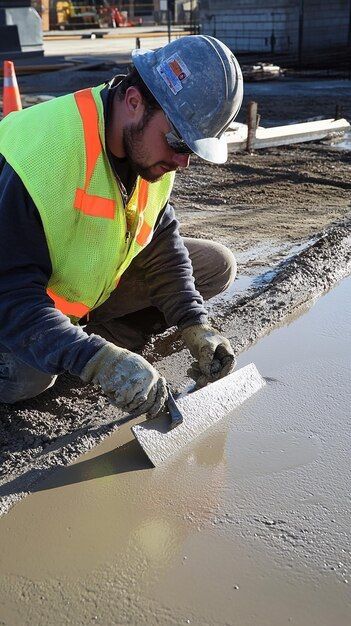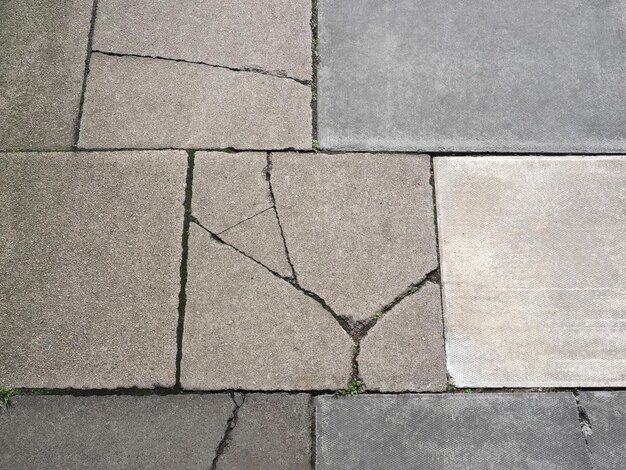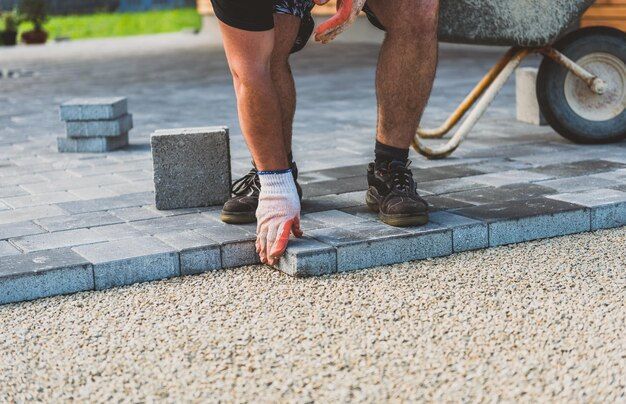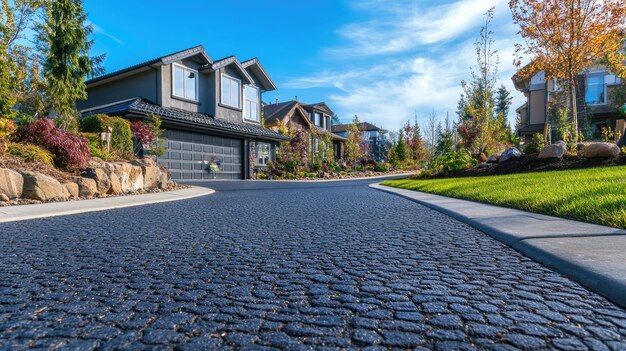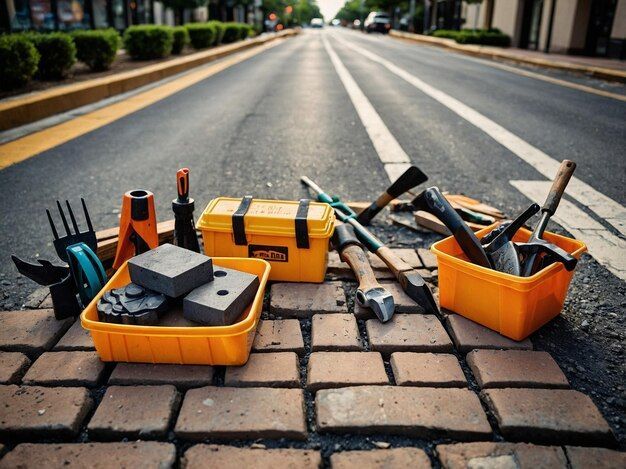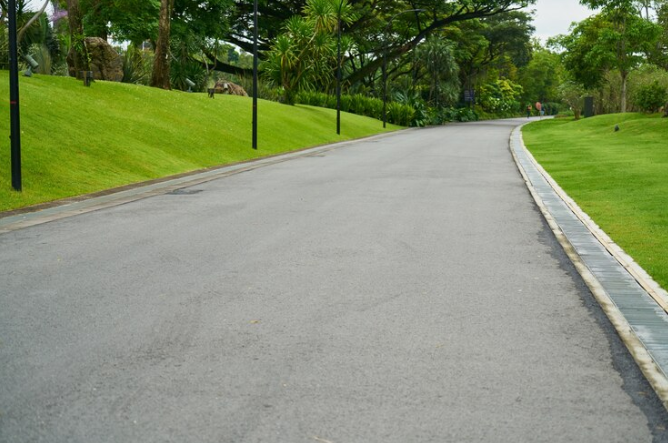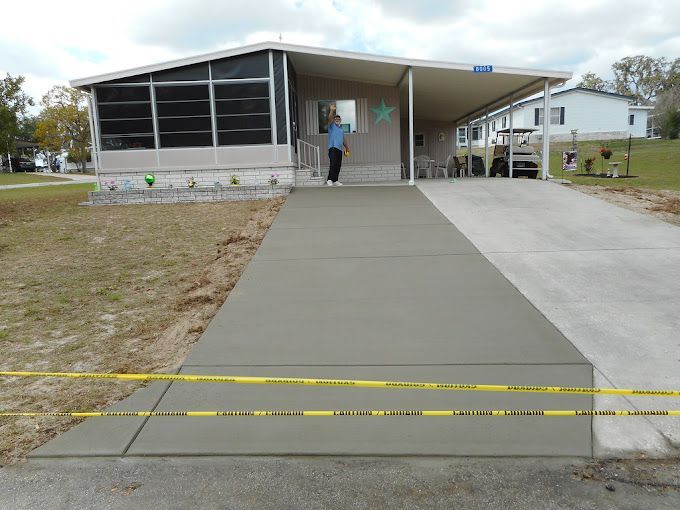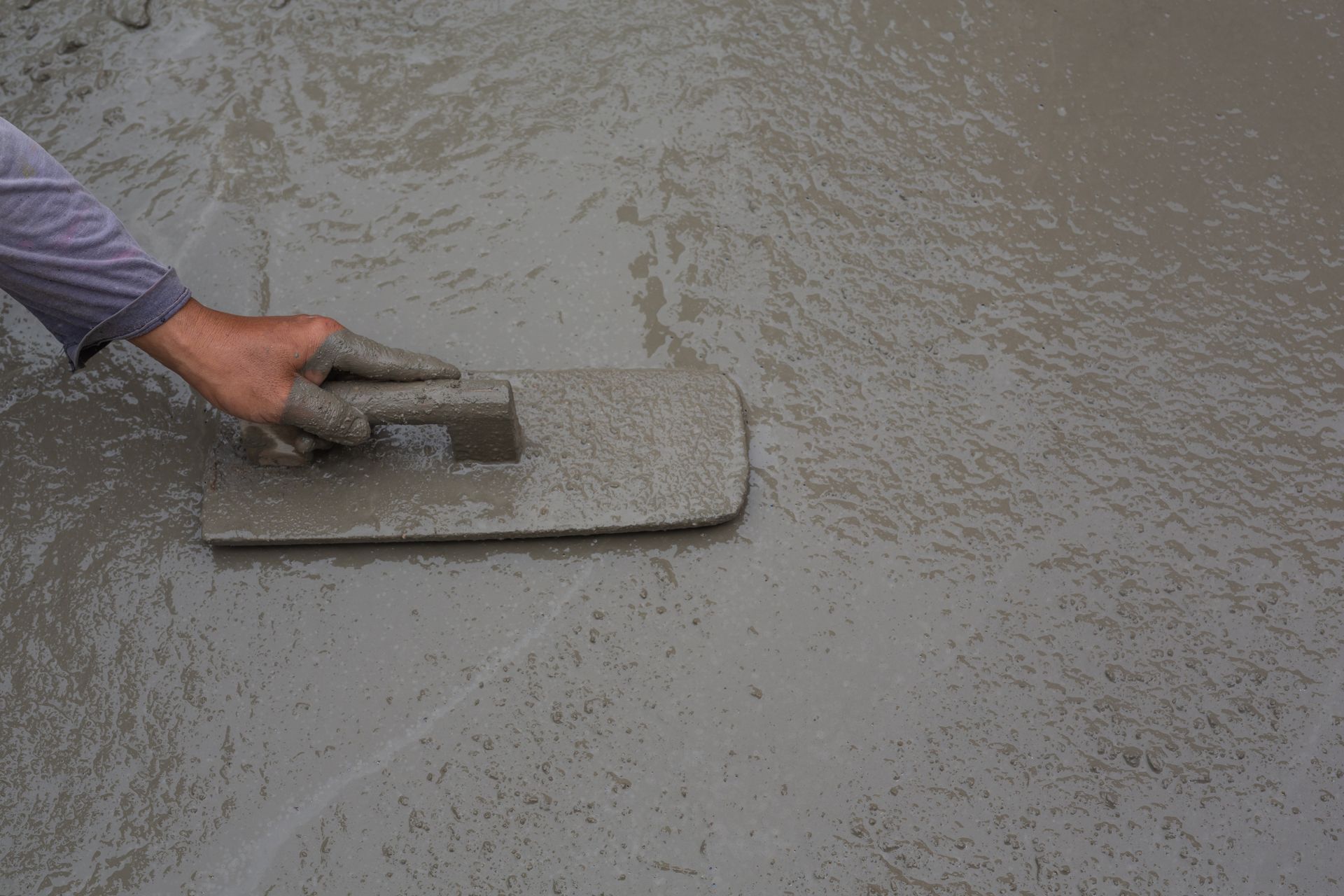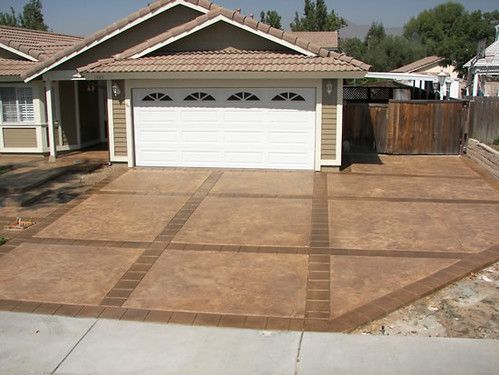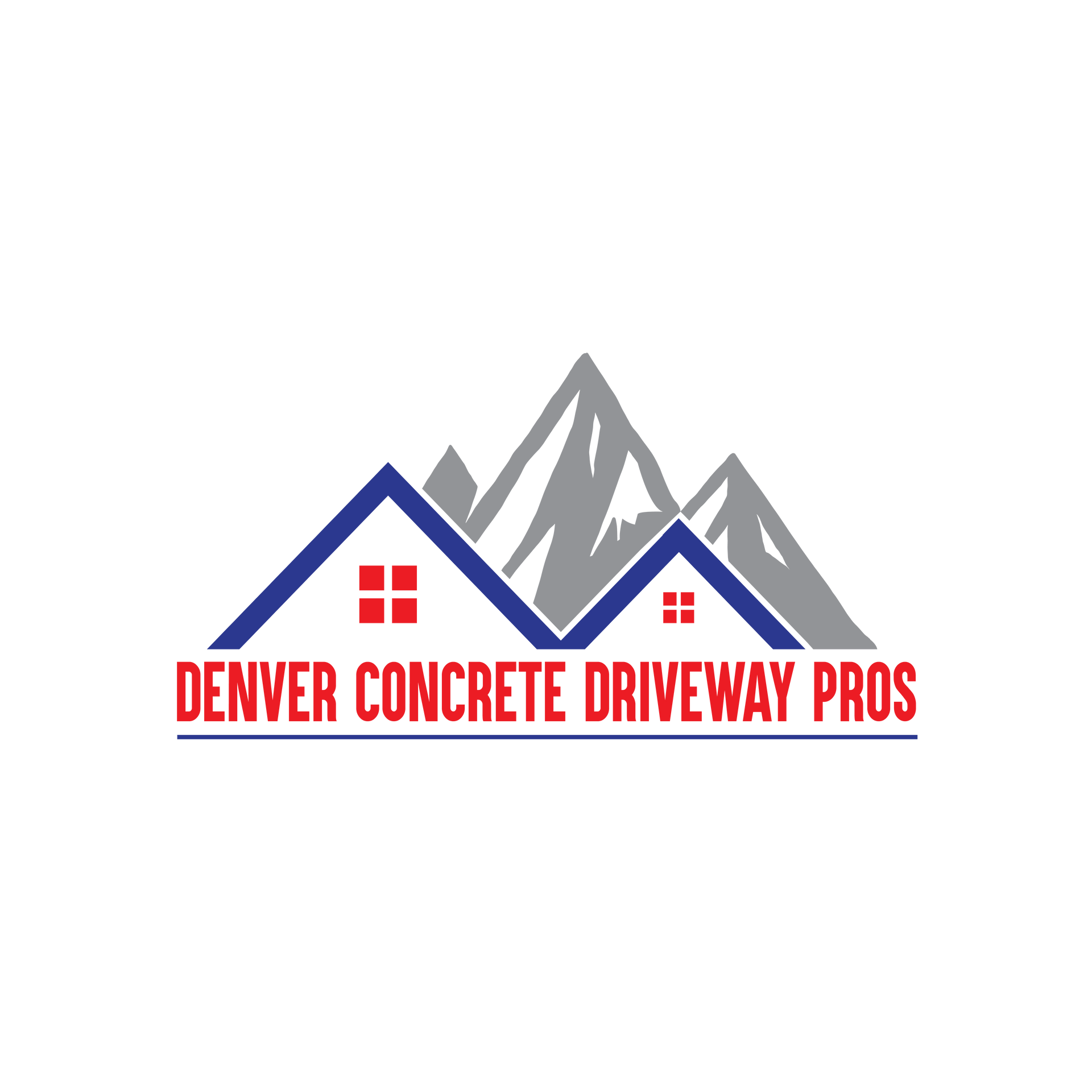Denver Concrete Driveway Pros
CALL US NOW 720-650-8355
Why Concrete Driveways Crack — Insights from Denver Concrete Driveway Pros
For sure, many concrete driveways here in Denver don’t get enough attention until they get cracks. If cracks appear, it means damage has occurred and even the smallest cracks can become the root of the biggest problem with your concrete driveways if neglected. But the main question here is, why do concrete driveways crack? Finding the answers to this question can help us understand what to prevent and what actions should be taken. In this article, we will unveil the answers to this question in the simplest way with the help of Denver Concrete Driveway Pros so you can be aware of what makes your concrete driveway deteriorate and how to avoid that happening.
Lack of Maintenance
An obvious reason for cracks appearing on your concrete driveway is a lack of maintenance, which includes cleaning and sealing regularly. Even if it has the strongest composition or thick concrete, this will go to waste if neglected. A single crack is enough to seep water deep into the concrete and result in more serious damage which we will tackle in the following points. This makes proper maintenance and regular sealing even more crucial as these practices are significantly helpful in preventing your concrete driveway from becoming obliterated.
Poor Installation Practices
If your Denver concrete driveway is poorly constructed, cracks will easily begin to appear in a short while. The poor installation process can be the result of poor workmanship, lack of base preparation, or improperly mixed concrete.
For example, if your driveway has a weak sub-base, it could fail to provide enough support to the concrete which leads to shifting, sinking, or cracks due to pressure.
On the other hand, curing is part of the installation process which allows the concrete to reach its potential strength. If not cured properly, it could result in a brittle and weak surface and eventually cause damage.
Climate and Temperature Fluctuations
Denver is considered a high-altitude area, which means it is common for significant temperature variations between day and night. These extremes can wreak havoc on your concrete driveway in Denver. When the temperature changes, the concrete tends to expand and contract, causing stress over time and eventually leading to noticeable cracks.
Not only that but during winter, another problem can arise, and that is the freeze-thaw cycle. This is a process in which the water that seeps into the neglected cracks freezes and expands, causing the cracks to widen.
Soil Movement and Settlement
Movement underneath the surface can be the result of poor soil compaction or natural disasters such as earthquakes and landslides. Although Colorado doesn’t have a significant seismic risk compared to California, Denver is known for its expansive clay soils, which expand when wet and shrink when dry. This causes stress on your concrete driveway in Denver, leading to cracking. Poor soil compaction or using the wrong type of fill material during the installation process can make the issue even worse.
Tree Roots
Do you have a tree near your concrete driveway? This can become an issue in the long run as tree roots can be a hidden threat as they grow. The roots underneath can grow their reach and become capable of lifting and cracking the concrete, powerful enough to displace even the strongest material little by little.
Heavy Loads and Traffic
Yes, concrete is a strong material which is why it is commonly used in the concrete industry. But the thing here is that it has a certain limitation. Driveways that bear heavy vehicles like trucks or RVs consistently are more prone to cracking compared to those designed to bear lighter loads. In some cases, even infrequent but heavy loads can still cause damage, especially if the concrete driveway is too thin or lacks reinforcement.
Improper Drainage
Improper drainage is one of the most common reasons why driveways crack. Water pooling is destructive and can damage your concrete driveway by seeping into the small cracks. As we mentioned, water freezes, expands, and widens the crack during cold weather, which is lethal. If neglected over time, repeated freeze-thaw cycles will cause even more damage, leading to complete displacement of your driveway.
This can happen if your concrete driveway has an issue with its grading. Incorrect sloping can result in pooling in the driveway.
Understanding these matters is important as addressing them properly can prevent early damage from occurring. Here are some prevention tips to avoid cracks and serious issues:
- Schedule routine maintenance for your driveway including cleaning, sealing, and addressing any minor cracks promptly before they become worse.
- Hire a credible and highly professional concrete contractor in Denver, such as Denver Concrete Driveway Pros to ensure the quality and a strong foundation for your project. Send us a message today for more details.
- You can choose air-entrained concrete, which is specifically designed to handle the freeze-thaw cycle by allowing space for expanding water.
- It is recommended to stabilize the soil first before installing the driveway. Denver Concrete Driveway Pros can help you assess the soil and determine the best stabilization methods if necessary.
- Plant trees away from your driveway or plant smaller species with less aggressive root systems. Consider adding root barriers to prevent potential root damage before installing a new driveway.
- Ensure a 4 to 6 inches thickness for the driveway with heavier load-bearing weight, depending on the expected traffic. Reinforced Steel rebar or mesh can also help to provide extra strength.
- Ensure a proper drainage system, such as a French drain to prevent water from accumulating on your driveway.
This information is not too technical and overwhelming but is helpful to choose the best choice for denver driveways staying one step ahead in preventing cracks from appearing in your driveway. If you need professional assistance or questions, feel free to reach out to us now.
